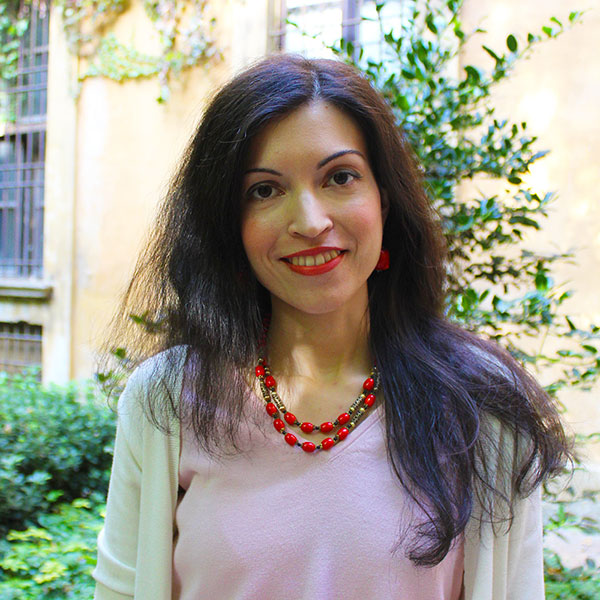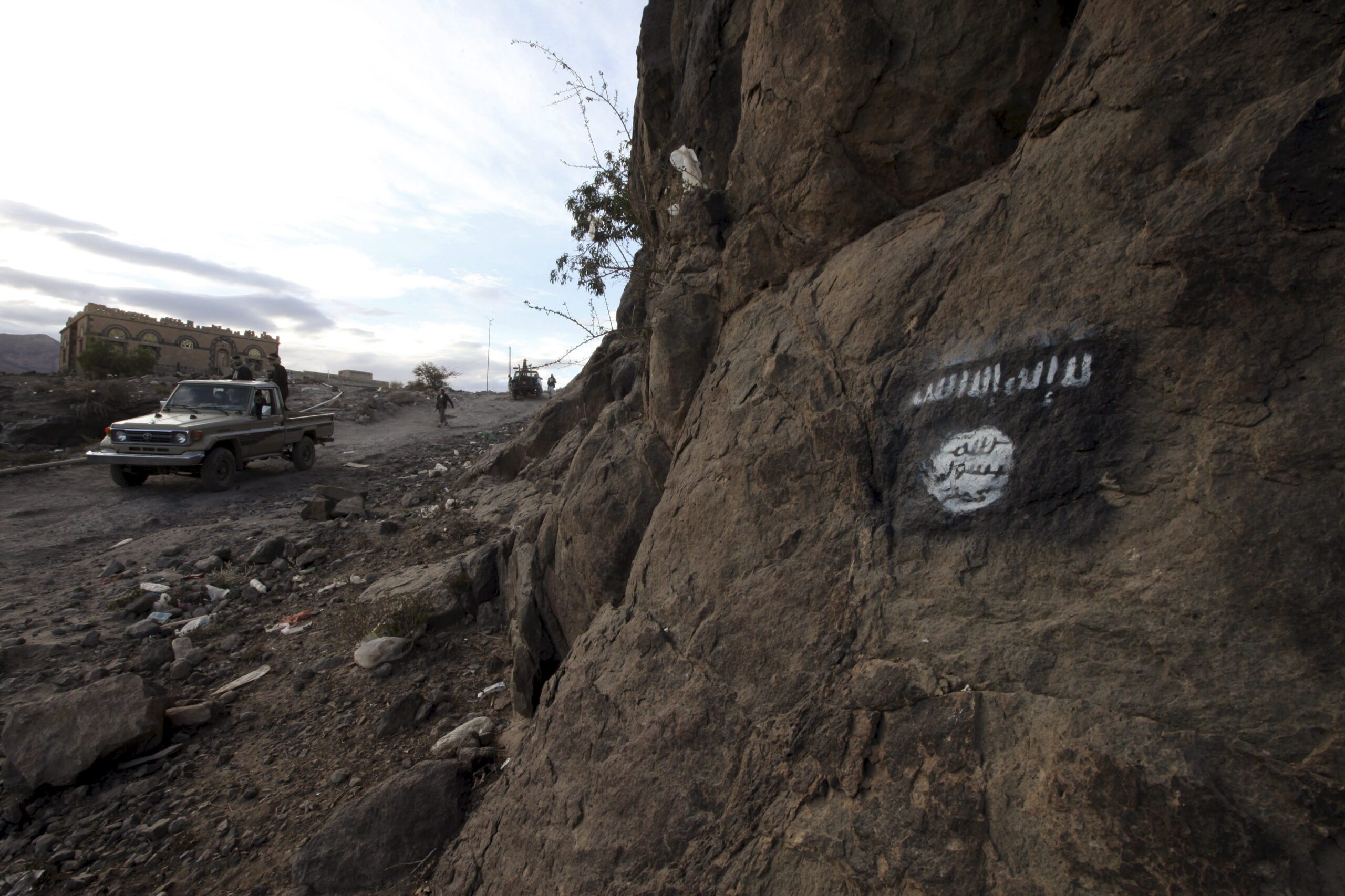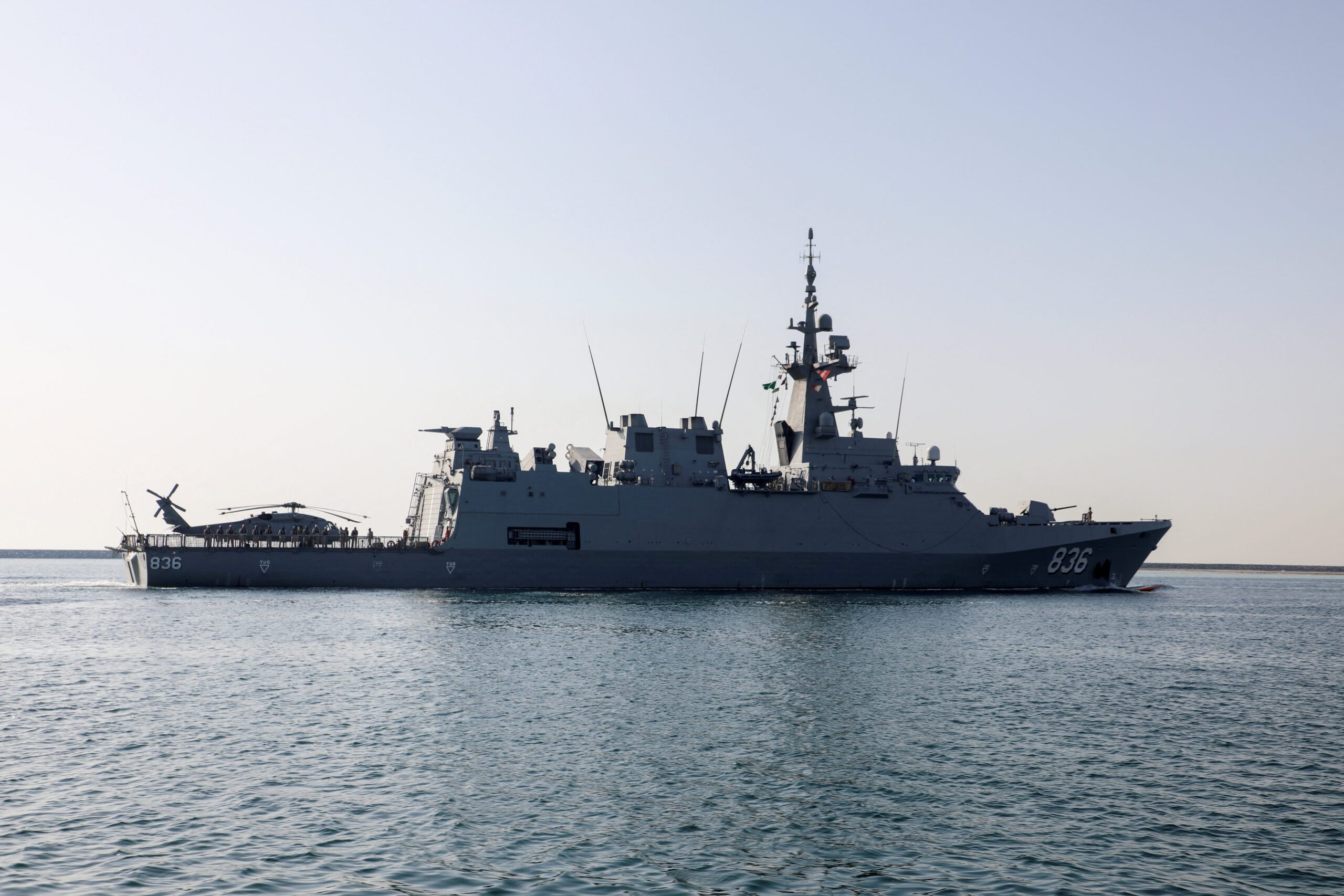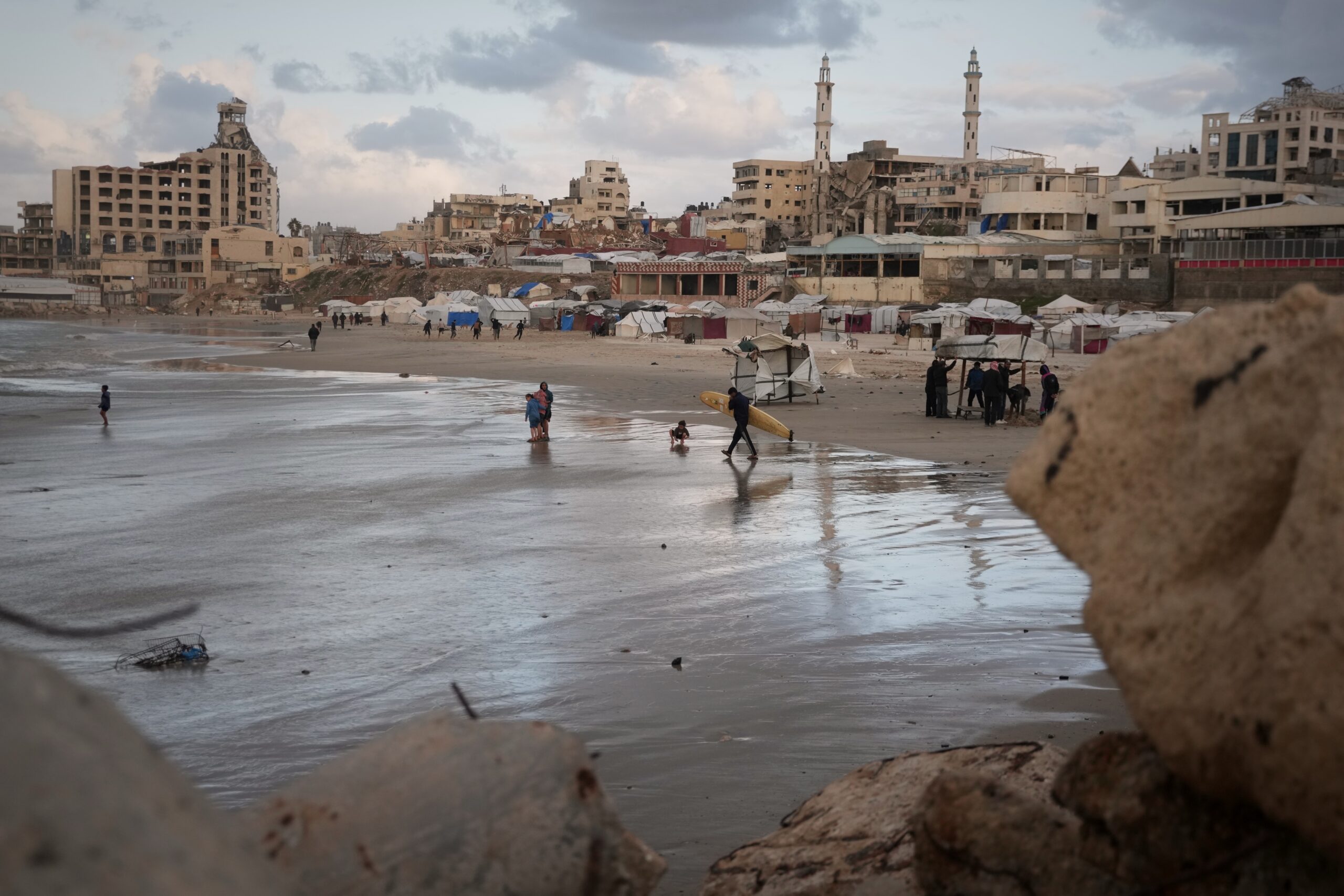Did MbS Break New Ground on Israel? No … and Yes
Saudi Crown Prince Mohammed bin Salman raised many eyebrows with recent comments that seemed unusually conciliatory toward Israel. MbS told the editor in chief of The Atlantic, Jeffrey Goldberg, “I believe that each people, anywhere, has a right to live in their peaceful nation. I believe the Palestinians and the Israelis have the right to have...
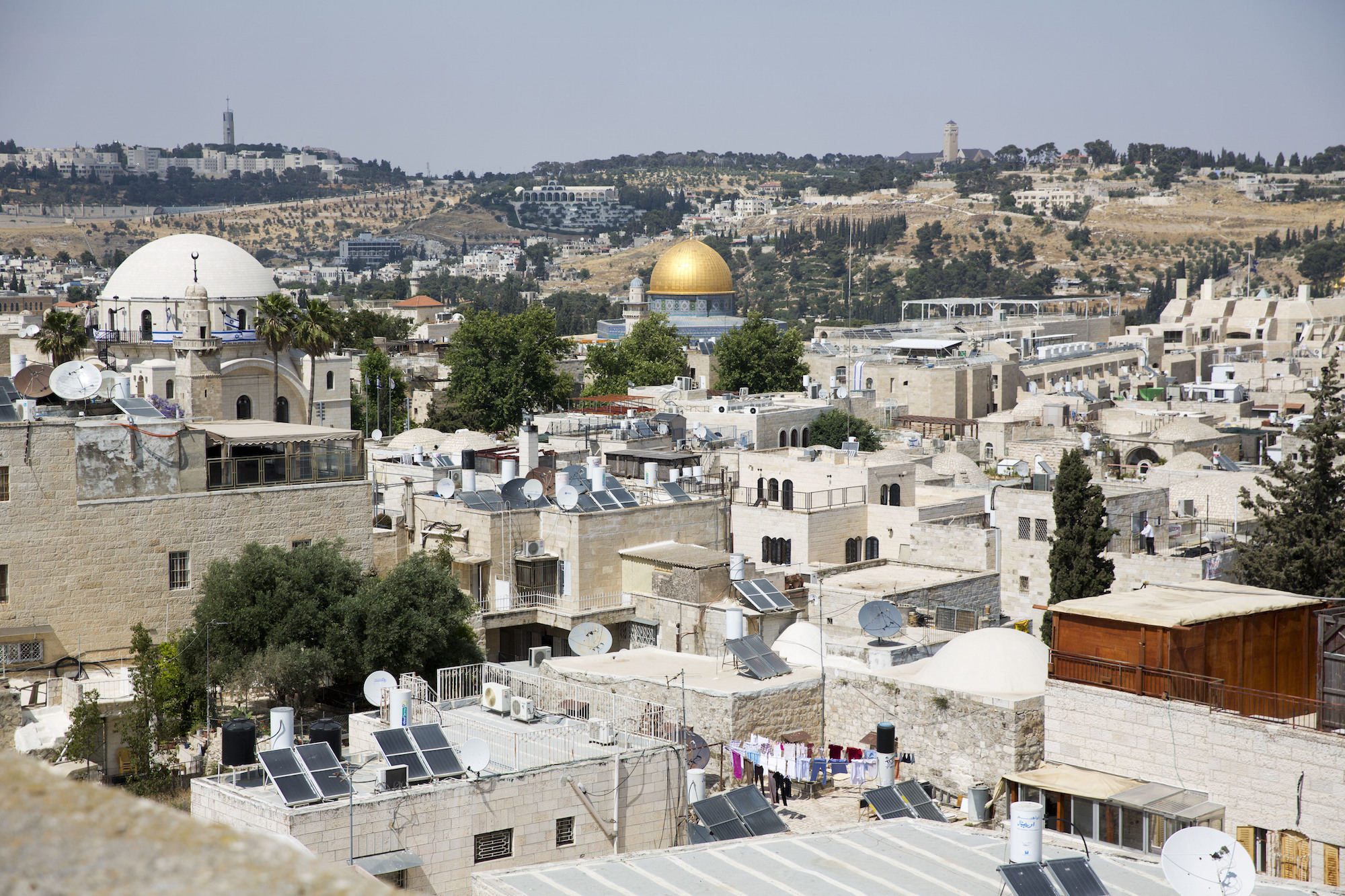
Saudi Crown Prince Mohammed bin Salman raised many eyebrows with recent comments that seemed unusually conciliatory toward Israel. MbS told the editor in chief of The Atlantic, Jeffrey Goldberg, “I believe that each people, anywhere, has a right to live in their peaceful nation. I believe the Palestinians and the Israelis have the right to have their own land.” “But” he crucially added, “we have to have a peace agreement to assure the stability for everyone and to have normal relations.” Did MbS break new ground? Yes and no. And differentiating what’s consistent from what’s new provides an important barometer of Saudi Arabia’s much-misunderstood policies toward Israel.
MbS did not change the fundamental Saudi policy position or alter the tangible diplomatic outcomes on offer. He reiterated Saudi Arabia’s commitment to a two-state solution between Israel and the Palestinians. This has been the de facto Arab position since Arab governments started accepting U.N. Security Council Resolution 242, which establishes the principle of “land for peace,” as the essential framework for Arab-Israeli peace. Saudi Arabia and other Arab countries were also instrumental in providing political, diplomatic, and religious cover for the Palestine Liberation Organization as it, too, moved during the 1970s and ‘80s toward embracing the two-state solution as the Palestinian national strategy.
The Arab Peace Initiative, adopted by the Arab League in 2002 and reaffirmed at least twice since then in 2007 and 2013, formalized a broad-based Arab commitment to a two-state outcome. It began as an initiative by Saudi Arabia’s then-Crown Prince Abdullah bin Abdulaziz and represented the final repudiation of the “Three No’s” (no peace agreements with Israel, no negotiations with Israel, and no diplomatic recognition of Israel) adopted by Arab states following the 1967 war.
The Arab Peace Initiative commits the Arab world to normal relations with Israel once the conflict with the Palestinians is resolved through a negotiated agreement, yet Israeli leaders have been, and remain, distinctly cool to the overture. A common objection is that the initiative is supposedly structured as a fait accompli, which Israel must either accept or reject in full. But in 2013 the Arab countries clarified that, under this framework, the 1967 borders could be adjusted through mutually agreed upon land swaps.
So, there’s nothing MbS said that goes beyond the existing Saudi position. Yet the interview clearly breaks new ground on tonal and attitudinal grounds regarding the underlying ideas informing these same policies. Arab leaders can accept the reality of Israel, and the need for a two-state outcome, even on a permanent basis, without abandoning the traditional notions that Zionism is an artificial construct or Israel is a colonial imposition. Indeed, in a recent angry tirade, Palestinian Authority President Mahmoud Abbas, who has staked his entire career and national strategy on negotiating a two-state outcome with Israel, described Zionism as a Western plot dating back to Napoleon.
By including Israeli Jews among the “peoples” of the world who have a “right to live in their peaceful nation,” MbS, by contrast, casts them as a legitimate ethno-national group with normal national aspirations and rights. From this, it follows that Israel is not an outside imposition or a counterfeit country that is so powerful that it must nonetheless be accommodated. Moreover, Jewish Israeli nationalism, which is what “Zionism” now means, in MbS’ formulation is framed as essentially ordinary and equivalent to Palestinian, or any other kind of authentic, nationalism.
It’s not surprising that MbS is the first major Arab leader with regional leadership aspirations to unequivocally frame Israel and Jewish nationalism as just another political reality in the Middle East, essentially like any other legitimate factor. At 32, he belongs to a generation that came of age long after the major Arab-Israeli wars, with Israel as an established fact and the Arab Peace Initiative as the Arab peace platform. From this perspective, the “Three No’s” look like the relic of a distant age.
Moreover, MbS has become the Saudi heir apparent during an era when the main regional security challenges are Iran’s expanding hegemony and the rise of groups like al-Qaeda and the Islamic State in Iraq and the Levant. As he told The Atlantic, “there are a lot of interests we share with Israel and if there is peace, there would be a lot of interest between Israel and the Gulf Cooperation Council countries and countries like Egypt and Jordan.” This potential strategic alignment, especially regarding Iran, has been obvious for some time.
But that doesn’t mean that there is, or necessarily will be, a strategic partnership with Israel. During the same interview, MbS insisted that Saudi Arabia has “religious concerns about the fate of the holy mosque in Jerusalem and about the rights of the Palestinian people,” which is why he stressed the need for a peace agreement.
Commentators from many different perspectives have been rushing to declare an Israeli-Saudi rapprochement a fait accompli. And there have indeed been a series of minor but significant steps in that direction in recent years, most recently the granting of overflight rights in Saudi airspace to Air India flights to Israel. But, in fact, Saudi Arabia and other Gulf countries will require, as MbS noted, robust peace efforts, and ultimately an agreement, to substantially restructure relations with Israel. There are three main reasons for that. First, there is the danger of political blowback. Second, Gulf leaders are Arabs who ultimately care about Palestine and the Palestinians. And third, and most importantly though often overlooked, Gulf leaders recognize the ongoing Israeli occupation is a highly destabilizing variable, and understand that they cannot achieve the security they crave without resolving Palestinian issues (of which the recent turmoil in Gaza is a reminder).
All three of these concerns were reflected in Riyadh’s distinctly negative reaction (which appeared to have surprised the administration of President Donald J. Trump) to Washington’s recognition of Jerusalem as the capital of Israel. And King Salman bin Abdulaziz reiterated Saudi Arabia’s “steadfast commitment” to the “legitimate rights of the Palestinian people to an independent state with Jerusalem as its capital,” in an April 3 phone call with Trump. MbS’ comments in The Atlantic demonstrate how far Gulf and other Arab attitudes have evolved regarding Israel, and even Zionism, from traditional Arab dogma. That’s new. What’s unchanged, though, is that Israel will have to come to terms with the Palestinians if it is to build a normal, let alone cooperative, relationship with Saudi Arabia and the Arab world.
The views represented herein are the author's or speaker's own and do not necessarily reflect the views of AGSI, its staff, or its board of directors.

